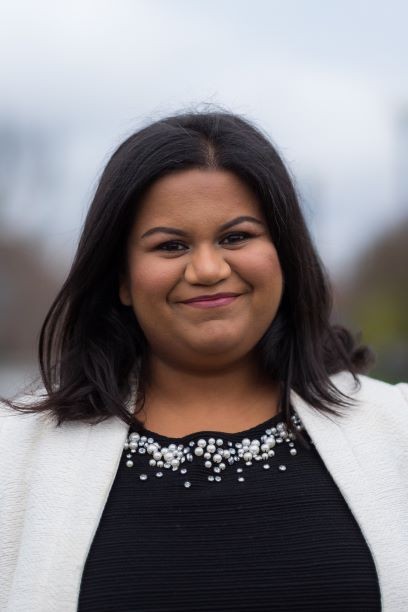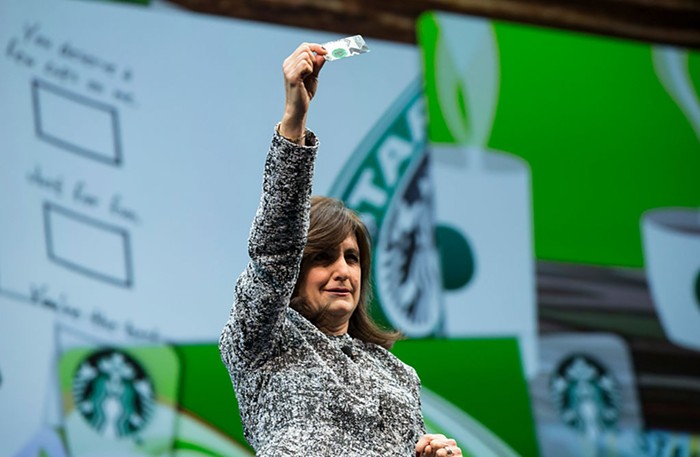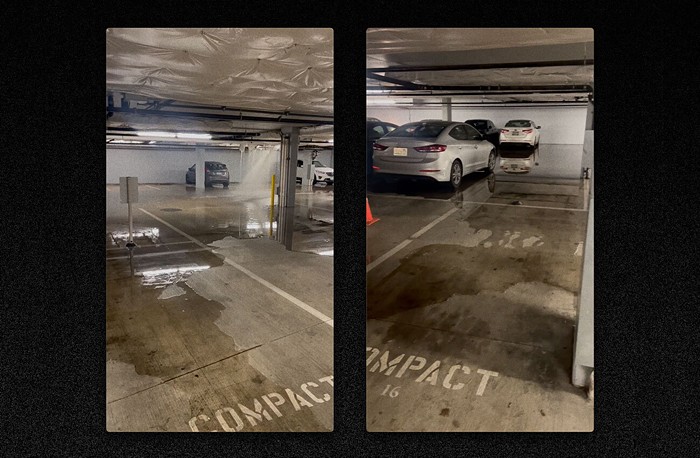Shasti Conrad, chair of King County Democrats.
Courtesy of Shasti Conrad
Comments
Please wait...
and remember to be decent to everyone
all of the time.
Comments are closed.
Commenting on this item is available only to members of the site. You can sign in here or create an account here.




















Yeah, no. Seattle in less than 10 years has moved to districts, democracy vouchers and now looks to switch to even numbered years and approval/ranked choice. I would not say voters are happier for the first two BIG changes, and piling on more reform for the sake of it isn’t a great idea. There are many unexplored additional options, one being going back to partisan elections so we know who people really are. Hard NO on more change now until we sort through some things.
I'm still confused about why the folks backing ranked-choice voting didn't push for a ballot initiative like this years ago. The only reason we even have the chance to vote on this right now is because of the work that Seattle Approves did.
Are the RCV people just lazy? Underfunded? Seriously, what's the reason?
I love you, Shasti, but you're full of shit on this one. Voted for "No change."
All of the major claims here are wrong. Proposition 1A for approval voting is the better simpler option.
You claim there is no lesser evil dilemma with ranked choice voting, but anyone who studies this subject knows that's wrong. For instance, Sarah Palin was a spoiler in the recent Alaska ranked choice voting election. If some of her supporters had instead voted for their second favorite candidate, then their second would have won instead of their third. In other words, they were punished for voting for their sincere favorite candidate. Approval voting solves this.
Moreover, the ranked choice voting proposal for Seattle is a novel/untested variant called "bottoms up". A major problem with it is that it is a semi-proportional. So rather than attempting to advance the two most broadly popular candidates, who will by definition tend to be highly similar, it will tend to advance the consensus choice of the primary voters against a runner-up who is decidedly ideologically and/or demographically divergent. That might superficially sound like a good idea, to give voters a "real choice"; but what it actually means is that the consensus choice will demolish the runner-up in an uncompetitive general election where the minority position voters are trounced, essentially meaningless.
By contrast look at the 2021 St Louis mayoral primary using approval voting. St Louis is 80% Democratic, so unsurprisingly the consensus was fairly progressive. The two most progressive candidates advanced to the general, who happened to also be the two women running, for what it's worth. Because they were highly similar, they had to have a very nuanced debate about the details of their respective policies, as well as their experience and qualifications. The more conservative voters may not have loved either one, but at least they were able to vote for the slightly less progressive one to try to pull things in their direction, in what turned out to be a very competitive election. Ultimately, the more progressive one prevailed. And she became the first black female mayor of St Louis. But that close and hotly contested race meant both candidates were fighting for every last vote. This is what you want in a good democracy.
Ranked choice voting is needlessly complex, and will mean predetermined general elections that serve no purpose.